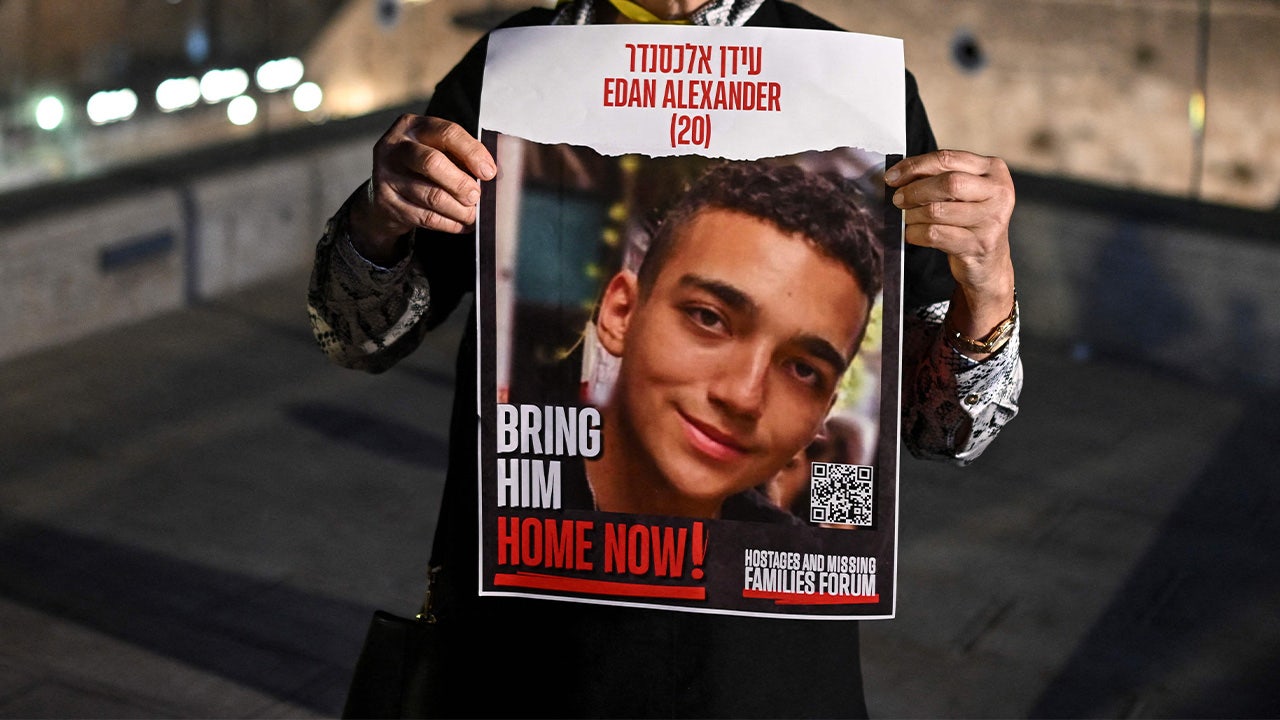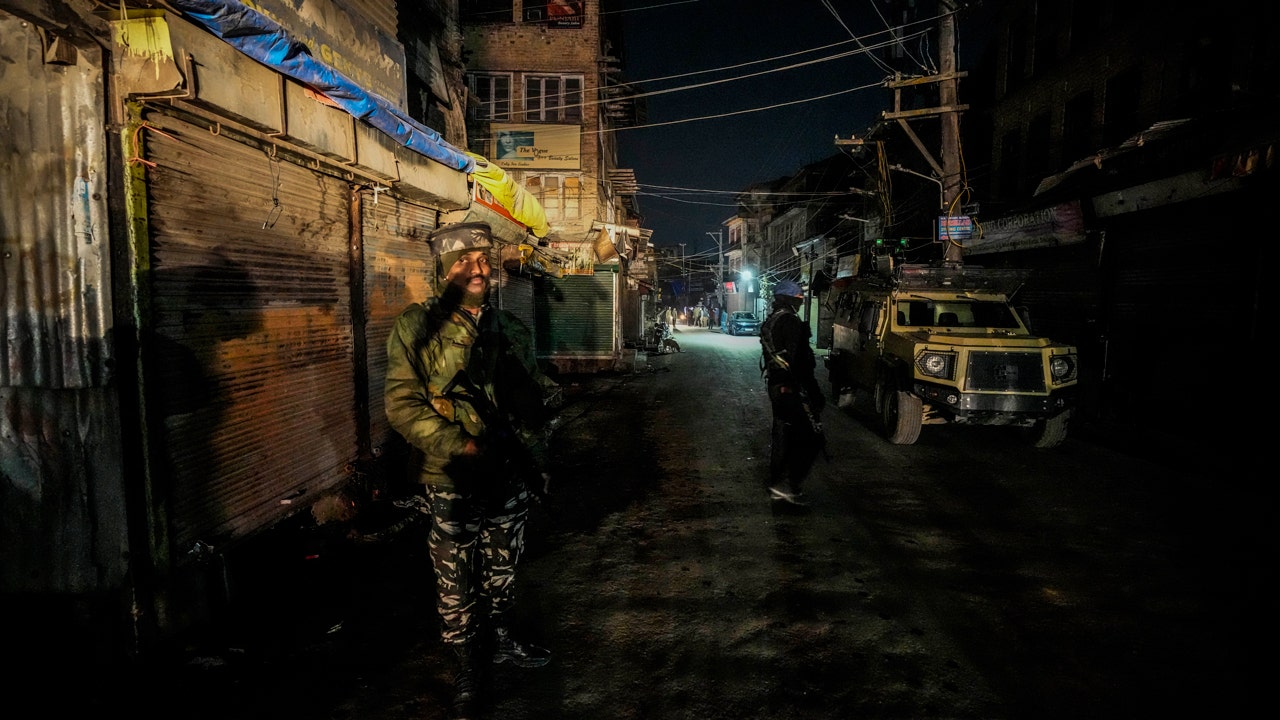At G7, Biden will push to use Russian assets for Ukraine
For two years, Western allies have debated how to deal with $300 billion in frozen Russian assets. The G7 leaders, who will meet beginning today in Italy, seem to be on the brink of announcing a compromise.
European leaders feared that seizing the assets would violate international law. So the Biden administration devised a plan to use the interest generated by them to back a loan that could be delivered immediately to Ukraine.
The loan could be as large as $50 billion and would be repaid over time with the profits being generated from Russia’s money, Western officials said.
The leaders are also expected to discuss the question of how to stop China from bolstering Russia by selling it “dual use” microelectronics and other gear to rebuild its military. The Biden administration announced yesterday that it would add sanctions aimed at stopping China from helping the Kremlin in its invasion of Ukraine.
E.U. placed more tariffs on Chinese electric vehicles
The E.U. said yesterday that it would impose additional tariffs of up to 38 percent on electric vehicles imported from China. Leaders called the measure an effort to protect manufacturers from unfair competition. The move comes a month after the U.S. quadrupled its tariffs on Chinese E.V.s to 100 percent.
“By making it more expensive for consumers to buy lower-cost Chinese imports, the tariffs could slow adoption of electric vehicles in Europe — and also slow progress on emissions reduction,” said my colleague Jim Tankersley, who writes about U.S. economic policy.
“But they could also help guard against job losses for European automakers,” he added. “That protection could help to maintain political support for green initiatives at a time when Europe’s decarbonization efforts are increasingly drawing backlash from voters who are upset with rapid price increases in recent years.”
Here’s what this means for consumers and what could happen next.
How migration is shaping Western politics
The recent European Parliament elections are the latest sign of immigration’s power to shape the West, David Leonhardt writes. Right-wing parties that had promised to reduce the flow of migration made gains, and center-right parties finished first by adopting a more restrictive stance.
The modern migration boom in the West has had major advantages, but it has also had downsides. More competition can hurt workers, governments strain to provide social services and some people can feel uncomfortable with societal changes. Historically, major immigration spikes have led to political backlashes, like Brexit.
For years, mainstream Western politicians dismissed voters’ concerns about immigration as inherently ignorant or xenophobic, and many of those disaffected voters came to support parties on the extreme right. But recently, there are signs that the political left and center have returned to a more nuanced approach that celebrates immigrants while emphasizing border security.
MORE TOP NEWS
Space travel changes people, and not just by instilling a sense of awe. Four nonprofessional astronauts who spent three days off Earth experienced physical and mental effects, like modest declines on cognitive tests and genetic changes within their cells, scientists reported in several papers.
None of the changes appeared to be serious, and the astronauts mostly returned to normal after touching back down on Earth. But the results highlighted how little researchers know.
Lives lived: Françoise Hardy, the pop icon who incarnated a 1960s cool still treasured by the French, died at 80. Listen to a selection of her songs.
CONVERSATION STARTERS
-
America’s oldest man? Morrie Markoff died this month at 110. His brain has been donated for research on what is known as super-aging.
-
Mood board: For some weddings, the wardrobe guidance is really specific.
-
Looking back: Scientists may have been studying fossils of Pikaia, an ancient sea creature that many paleontologists see as an ancestor of vertebrates, upside down.
SPORTS NEWS
Euro 2024: A data guide for the tournament.
Carlos Alcaraz: How he has won Grand Slam singles titles on three surfaces.
Competitive eating: Joey Chestnut was the face of the Nathan’s Famous Hot Dog Eating Contest, until he endorsed a rival brand’s vegan dogs.
Coaching Scottie Scheffler: Lessons from the man who taught the golfer.
ARTS AND IDEAS
Saudi Arabia sets its sights on boxing
Saudi Arabia has begun a hostile takeover of professional golf and invested billions of dollars in soccer. Now, it wants to own professional boxing, too.
A Saudi plan that would reshape the economics, structure and future of boxing is in the final stages of approval, according to two people with direct knowledge of it. The initial investment is said to be as much as $2 billion. The project, developed with the help of consulting firms, would effectively create a single worldwide boxing entity featuring about 200 of the top men’s boxers.
The sport, which is run by a tangled web of promoters and sanctioning bodies, desperately needs revamping. It has steadily lost fans to the Ultimate Fighting Championship, whose model is similar to this proposed arrangement.






